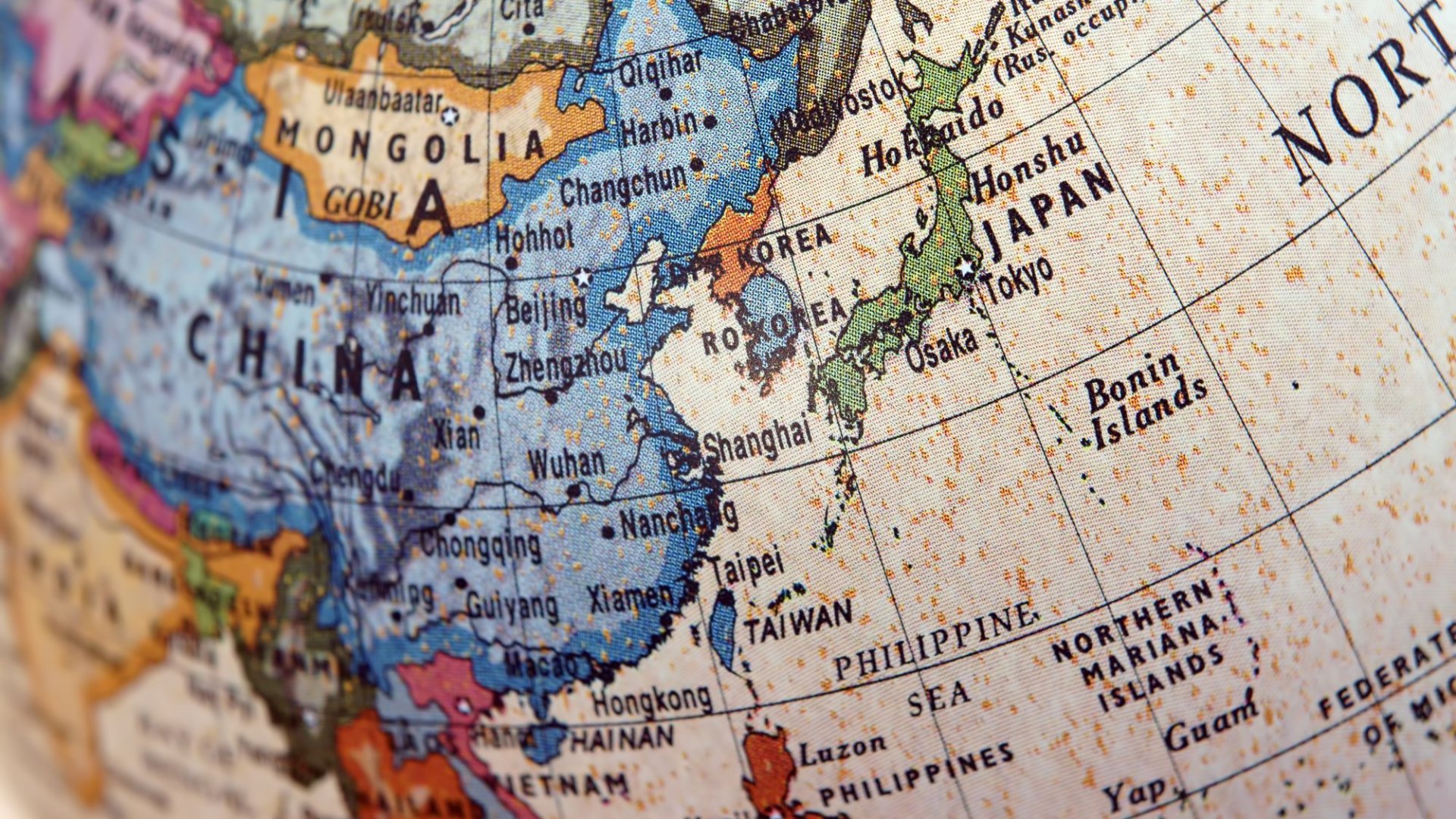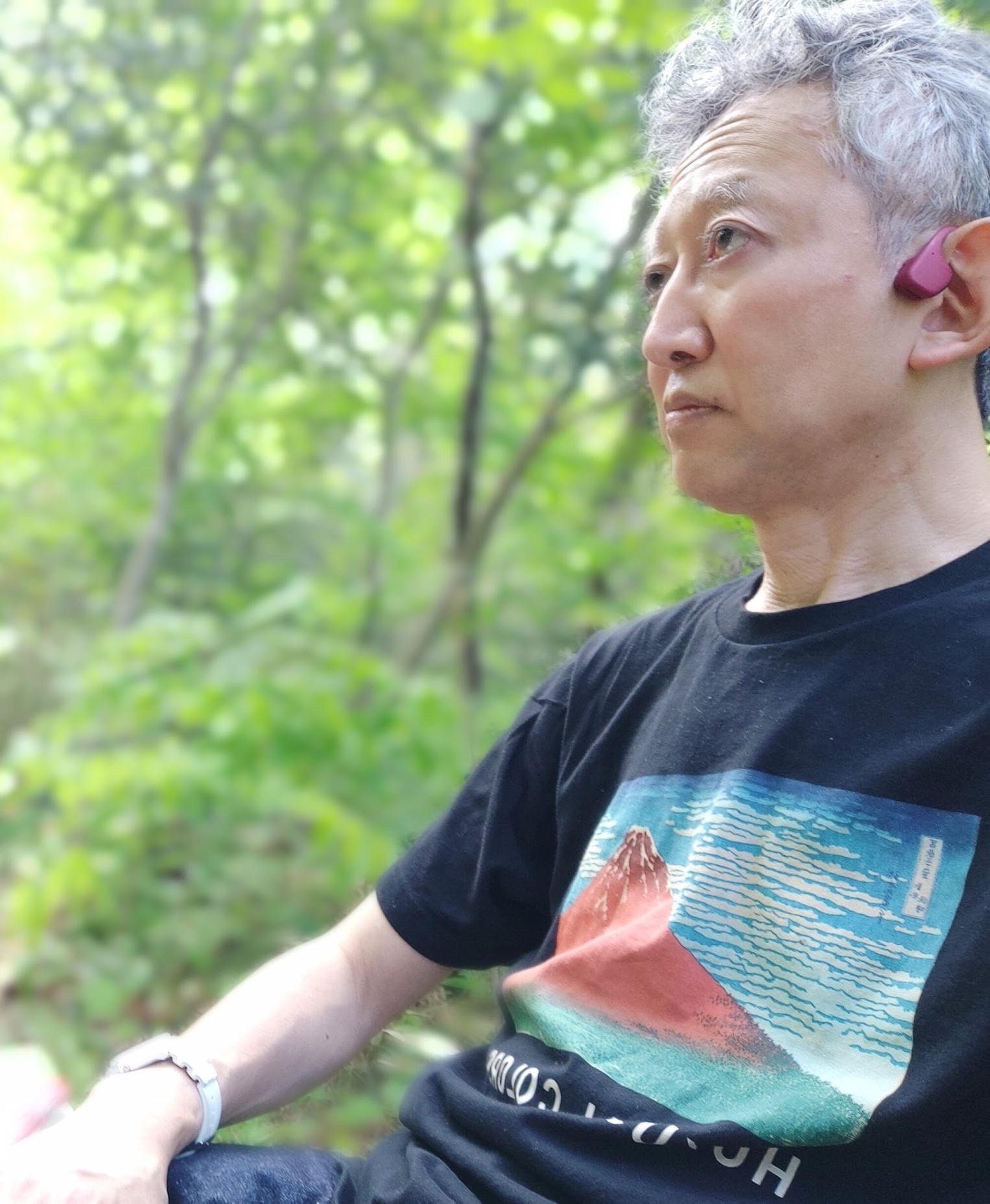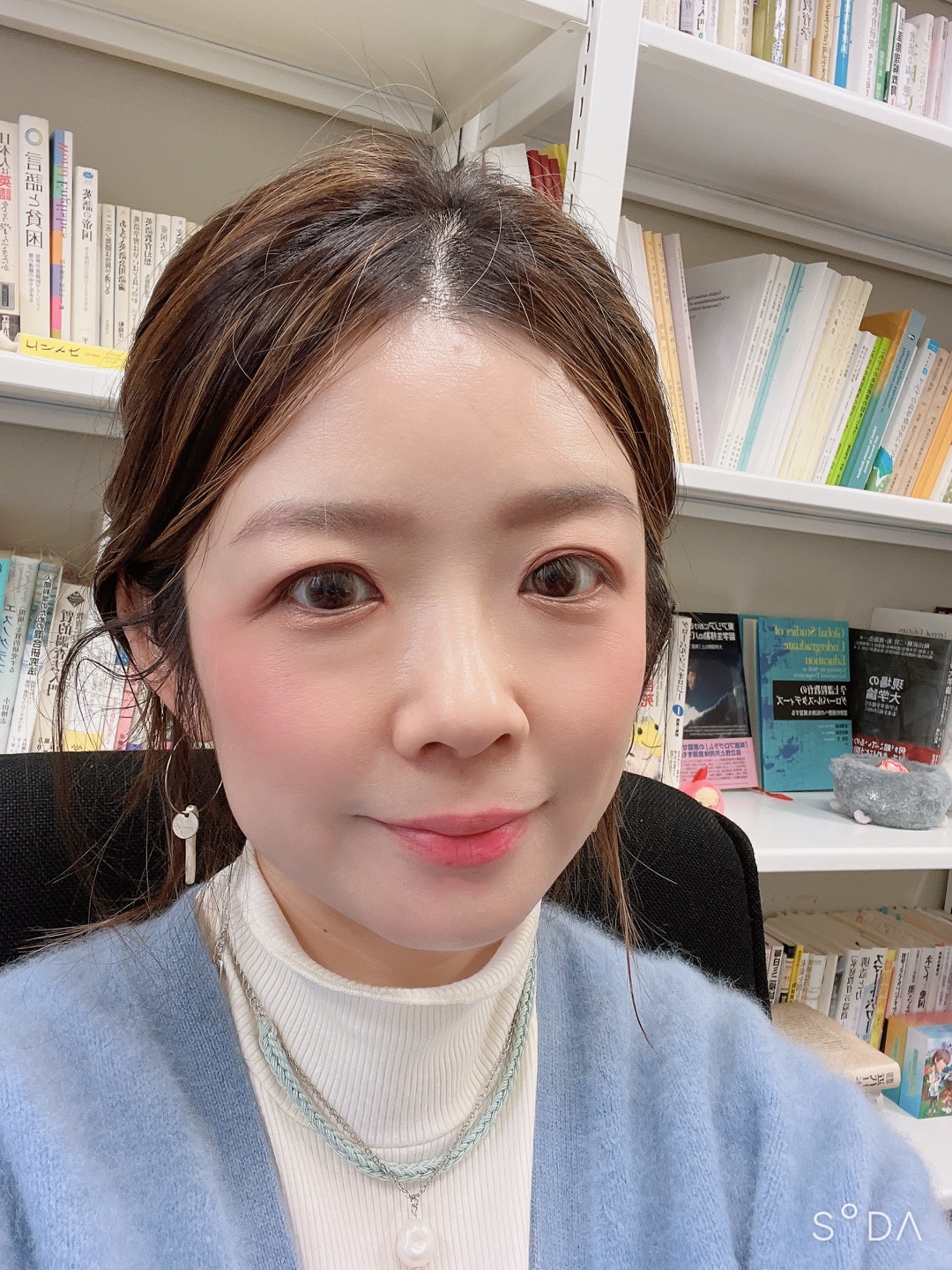Gaining International Perspectives through Undergraduate Education: Comparative Case Analysis focusing on International Liberal Arts Provision
- Akiyoshi Yonezawa, Tohoku University
- Sae Shimauchi, Tokyo Metropolitan University, International Center
- James Robson, University of Oxford
Event Materials
This event is now archived and we are pleased to provide the following event media and assets, along with the original event overview.

Speakers: Akiyoshi Yonezawa, Sae Shimauchi
Chair: James Robson
In this webinar, we first overview the historical context of the humanities and liberal arts in East Asia, focusing on the bottlenecks in the humanities and social sciences in Japan. Then, we examine the practices of international undergraduate education by focusing on the liberal arts in five, mostly medium-sized, countries with quite different geopolitical contexts: the Netherlands, Australia, Malaysia, South Korea, and Japan. We analyze whether the reforms of undergraduate education in these countries are moving in the direction of global convergence or divergence based on the respective contexts of each country’s society and higher education system. We explore whether changes are based on intrinsic values and directions inherent to universities and higher education arising from their education and research activities, or extrinsic values and directions demanded by society and industry, such as human resource development and industrial innovation. Our findings show that no single direction can be argued to be a “global trend.” This implies that each country and university should carefully examine and identify the global landscape and the most relevant direction to pursue in terms of university education.
About the CGHE webinar series on ‘Do the Arts and Humanities have a Place in Higher Education? Fresh lenses on the debates’
The economic purposes of higher education dominate policy and public discourse in HE systems around the world with graduate labour market outcomes, graduate salaries, and the skills needs of employers increasingly used as markers of educational quality and mechanisms of institutional regulation. Arts and Humanities subjects tend to be associated with relatively modest labour market returns compared to STEM and medical sciences subjects and are often criticised for failing to provide employers with the skills required by a rapidly digitising economy. At the same time, researchers in Arts and Humanities subjects often struggle to show clear impact from their work in a regulatory and funding context that links research value with impact, industrial linkages, and innovation. As such, the Arts and Humanities face criticism, regulatory pressures, and reduced funding. The Arts and Humanities are consequently often described as being in a state of ‘crisis’ and sympathetic commentators, advocates, and researchers regularly attempt to justify the importance of these subjects in both economic and intrinsic terms.
However, the debates over the social, political, and economic value of the Arts and Humanities have been taking place in various forms for more than a century. In fact, the Arts and Humanities have arguably been in a near constant state of crisis since at least 1959, when C. P. Snow wrote his famous essay on ‘The Two Cultures and the Scientific Revolution’. Despite ongoing crises, some expansions and contractions, and some tinkering at disciplinary boundaries, the Arts and Humanities have proved remarkably robust and resilient. Yet critiques and existential justifications for Arts and Humanities subjects remain a regular feature of the higher education landscape with very little meaningful dialogue taking place between either side and no realistic move towards resolution in the debate at either policy, public or academic levels. A new way of framing the discussion of the place of the Arts and Humanities in higher education is clearly required. Therefore, in this seminar series we aim to shift the discourse and reframe the discussion by bringing together different perspectives to examine the place of the Arts and Humanities in relation to society, politics and the economy through the lenses of individual students, academics and researchers, institutional governance, national policy, and global discourse.
You need to register individually for each webinar in the series. You can register for the other webinars in the series here.
Event Materials
This event is now archived and we are pleased to provide the following event media and assets, along with the original event overview.
Booking
You will need to register to join this webinar. Please register here



